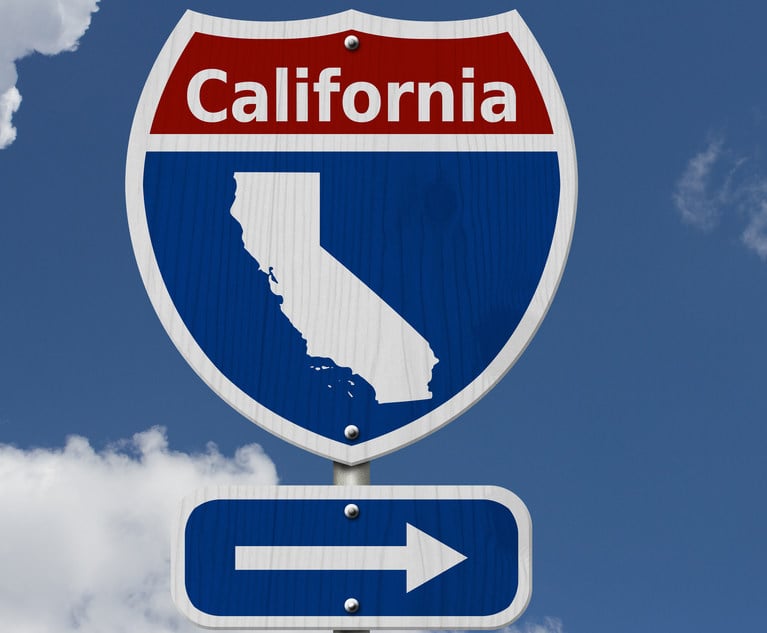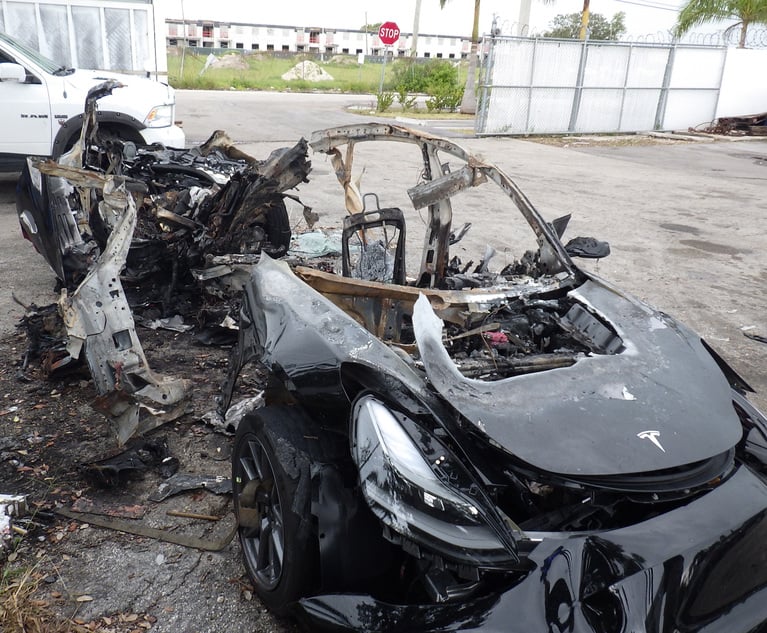The number of licensed public adjusters in Florida increased from about 400 to over 2,500 as eight successive hurricanes in 2004 and 2005 hit the state and homeowners' claims abounded. Although Florida has been free of major storm damage for the past few years, activities of public adjusters have not abated. Specifically, there has been an increase in solicitation efforts by public adjusters to reopen claims for hurricanes in 2004 and to submit new and reopened claims respective to the 2005 hurricane season.
Florida's five-year statute of limitations has expired for losses related to the 2004 hurricane season and will expire in 2010 for damage claims relative to the 2005 hurricanes. However, some public adjusters have been encouraging homeowners to reopen old hurricane claims under the premise that a public adjuster can obtain more money from the insurer than was previously received by the policyholder. In some instances, valid reopened claims have been pursued. However, in other instances insurance companies have been required to expend more time, money, and resources to reopen and re-examine files, re-inspect properties, engage in dispute resolution procedures, and pay for the cost of litigation settlements and judgments on questionable reopened claims. In many cases, insurers have either been placed in the position to pay what they believe are illegitimate claims or deny and defend those claims and pay the increased adjustment, loss and defense expenses, which, in either event, serves to increase insurance premiums for all.
In convincing homeowners to retain their services, public adjusters can make several convincing arguments, such as indicating that they will charge less than an attorney to pursue a claim, and that there is no fee unless they effectuate a recovery. Free inspections for further damage are offered, as well as the handling of most of the claims work, so that the policyholder does not personally have to commit much in order to pursue the claim, especially at the earlier stages of the process. Most importantly, they can convince the policyholder that enough damage can be found in the property to pay the public adjuster's fee and still have enough left over for the policyholder to pay for repairs, should the policyholder decide to make them. This latter selling point is fueled by Florida law, which requires insurers to pay policyholders for the cost to repair or replace property even if the insured never intends to remediate the damage.
Want to continue reading?
Become a Free PropertyCasualty360 Digital Reader
Your access to unlimited PropertyCasualty360 content isn’t changing.
Once you are an ALM digital member, you’ll receive:
- All PropertyCasualty360.com news coverage, best practices, and in-depth analysis.
- Educational webcasts, resources from industry leaders, and informative newsletters.
- Other award-winning websites including BenefitsPRO.com and ThinkAdvisor.com.
Already have an account? Sign In
© 2024 ALM Global, LLC, All Rights Reserved. Request academic re-use from www.copyright.com. All other uses, submit a request to [email protected]. For more information visit Asset & Logo Licensing.








